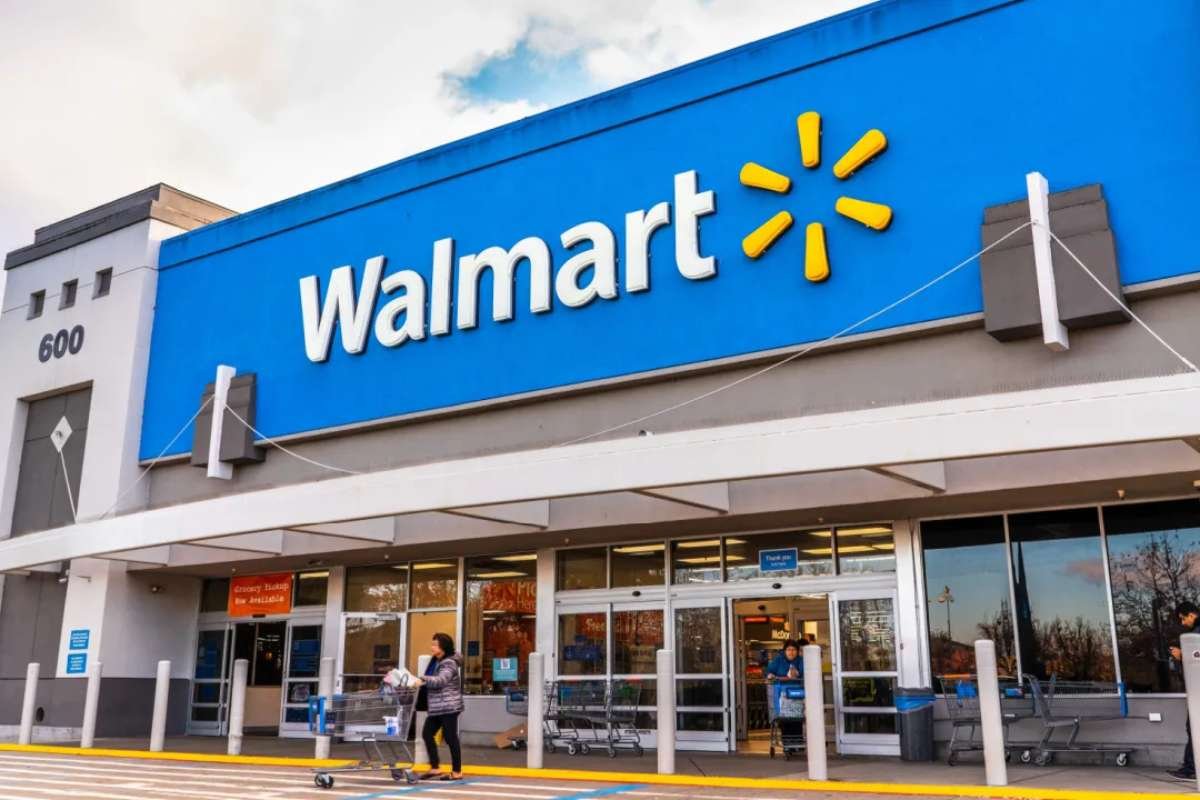Key Points:
- Record Q2 boosted by Mounjaro and Zepbound sales.
- Stock dropped 14% after weak obesity pill trial.
- Analysts skeptical despite Lilly’s optimism.
Eli Lilly posted exceptional second-quarter results for 2025, propelled by skyrocketing sales of its GLP-1-based diabetes and weight-loss medications. The pharmaceutical major reported adjusted earnings per share of $6.31, marking a 61% increase compared to the same quarter last year. Revenue surged to $15.56 billion, reflecting a 38% year-on-year growth, well above expectations.
The driving force behind this performance was Mounjaro, Eli Lilly’s flagship diabetes drug, which generated approximately $5.2 billion in revenue, exceeding market forecasts. Zepbound, the company’s weight-loss treatment, also delivered strong sales, reinforcing Lilly’s commanding position in the U.S. incretin drug market, where its share now stands at 57%.
On the back of this momentum, the company raised its full-year revenue guidance to between $60 billion and $62 billion. It also upgraded its annual earnings forecast to a range of $21.75 to $23.00 per share on a non-GAAP basis. Gross margin for the quarter rose to 85%, aided by a favorable product mix and enhanced cost controls.
Stock Slides After Disappointing Obesity Pill Trial Results
Despite the stellar financials, investor optimism was quickly tempered by underwhelming trial results from Eli Lilly’s experimental oral obesity drug, or forgilizumab. In a late-stage clinical study, the pill achieved an average weight loss of 12.4% over 72 weeks, falling short of analyst expectations and underperforming compared to existing injectable treatments.
Additionally, the trial revealed a high rate of gastrointestinal side effects, including vomiting, which raised safety concerns. The market response was immediate and severe. Shares of Eli Lilly dropped nearly 14% in a single session, resulting in a loss of over $100 billion in market capitalization. The steep sell-off was one of the company’s sharpest declines in recent years.
The drop in confidence also shifted investor attention toward rivals, as competitors in the weight-loss drug space experienced a surge in valuation. The setback sparked debate about whether Lilly’s oral treatment could stand out in an increasingly competitive market dominated by high-performing injectables.
Looking Ahead: Cautious Optimism Amid Fierce Competition
Eli Lilly remains confident in orforglipron’s long-term potential, highlighting the convenience and accessibility of a pill-based solution for obesity, particularly for patients who may prefer alternatives to injections. Company leadership emphasized that scalability and broader reach could still make or forglipron a key asset in future global obesity treatment strategies.
However, not all market watchers share that optimism. Several analysts downgraded their peak sales projections for the drug, pointing to concerns about efficacy and tolerability. Some forecasts were revised down by nearly 40%, raising questions about the drug’s commercial viability.
Still, Eli Lilly’s core business appears strong, with existing GLP-1 products generating substantial revenue and capturing market share. As the pharmaceutical landscape for obesity treatment continues to evolve, the company faces the dual challenge of maintaining its lead while navigating growing competition and regulatory scrutiny. The next few quarters will be critical in determining whether Lilly can sustain its growth trajectory or if rivals will close the gap.


















